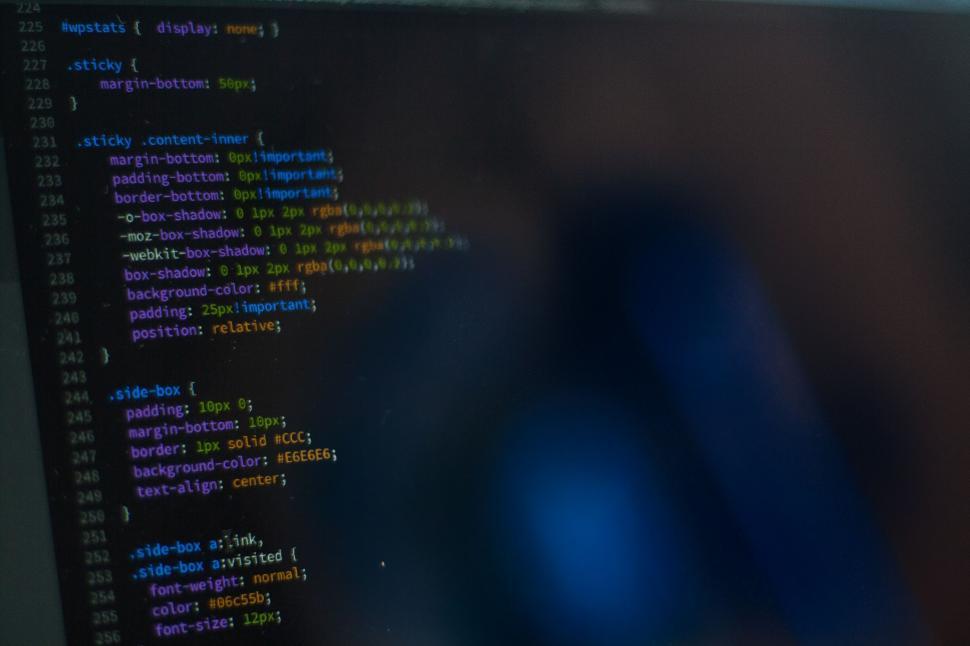“There is something which unites magic and applied science while separating both from the wisdom of earlier ages. For the wise men of old the cardinal problem had been how to conform the soul to reality, and the solution had been knowledge, self-discipline, and virtue. For magic and applied science alike the problem is how to subdue reality to the wishes of man: the solution is a technique.”
~C.S. Lewis, The Abolition of Man
From their inception, universities prepared students for the future not just as workers but also as citizens and human persons. Students read widely in the classics, poetry, and literature while also studying to become theologians or lawyers. In early America, this tradition continued with the founding of our nation’s oldest universities. But throughout the twentieth century, universities slowly narrowed their focus. Today, universities focus on “relevant” “skills” for the “global economy.” Educating deep thinkers, molding model citizens, and forming human souls are often afterthoughts.
Now ChatGPT and other generative AI tools are threatening this model. Skills can now be outsourced to generative AI. For Gen Z, ChatGPT and its analogs are quickly becoming the next calculator, word processor, and search engine rolled into one. For the future of our workforce, this may be a net gain. Depending on where and how it is used, AI can help many workers accomplish tasks better, faster, and more efficiently. Thus, teaching students to use AI must necessarily be part of universities’ role, especially in professional courses where students learn particular techniques and strategies to make the best use of the new tools that exist.
But the purpose of a true liberal education is to develop oneself as a person—a development that can be achieved only via reading, thinking, and practicing, not by taking shortcuts to a more efficient product. In short, universities must remember the human side of education. They must return to cultivating wisdom, teaching discernment, and preparing students for responsible citizenship—callings for which there is no AI replacement.
The plight of computer programmers is illustrative. The Washington Post calculated that according to recent Bureau of Labor Statistics data, computer programming jobs have decreased by more than 25% in the past two years. During the same time, the Washington Post notes, software developers “haven’t struggled nearly as much.” That’s because ChatGPT can code. But it can’t (yet) replace the developers, who need wisdom and discretion to “figure out what clients need [and] design solutions.”
Colleges and universities should focus on forming the uniquely human attributes that AI cannot replicate: wisdom, discretion, habits, and virtue. This is especially true for general education courses, which have always been intended for the formation of the human person.
As part of this effort, universities must convince students that it is their humanity that makes them valuable. They must focus on the things AI cannot do as well as explain that it is the process, the experience, and the internalizing of knowledge that conform the soul to reality, or (in secular terms) that cultivate wisdom.
AI can write a feminist critique of A Midsummer Night’s Dream in 30 seconds. But it can’t laugh at the lovers’ confusion nor sigh in contentment at Puck’s final speech. AI can compare and contrast two paintings, but it can’t marvel at the beauty of the Sistine Chapel. AI can write competently, but it can’t feel satisfaction as it comes up with just the right words to express its meaning. It can create believable pop music, but it remains unmoved by the magnificence of Mozart’s Requiem. It can summarize Frankenstein, but it can’t feel mingled horror and sympathy for the doctor’s unnatural creation.
Even in the sciences, humans can do things that AI cannot. AI can explain complex mathematical proofs. But it cannot understand them. AI can discover new paths to medical treatment, but it cannot prioritize human life. AI can number the stars, but it cannot know their creator.
To be sure, universities should teach students how to make the most of AI. Use it to create better study schedules, to collate class notes, or to format data—to eliminate busy work so that more time can be devoted to what really matters: the formation of the human soul, for which there can be no shortcuts.
Image via Freerange.






